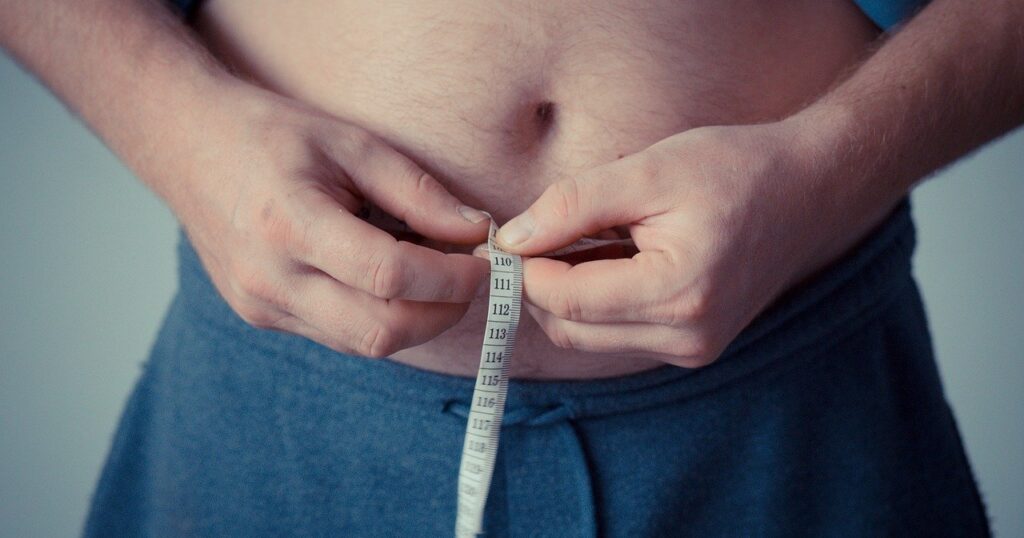

Your weight should not stop you from freediving as long as your health is generally good and you are able to swim underwater and hold your breath for an average length of time. If you are overweight, freediving might be harder work at first than for those with lower body fat levels. You are likely to lose some excess body fat with regular freediving practice.
Overweight people can freedive as long as they are otherwise in good physical health with no heart, lung, or other medical conditions which would preclude freediving. Fat is more buoyant in the water than muscle or bone and overweight people may therefore have to work harder to overcome their buoyancy on descent than comparable divers without excess body fat.
The True Story Book of Freediving Champion Audrey Mestre and the Story of Her Death
View on Amazon: The Last Attempt (Opens new tab)


Top rated read
If you’ve been asking yourself whether overweight people can freedive then read our article to find out more about fitness for freediving, losing weight while freediving, and how to get in shape for freediving.
Can obese people freedive?
The World Health Organization defines overweight and obesity as abnormal or excessive fat accumulation which presents a health risk to health. A body mass index (BMI) greater 25 indicates overweight, and over 30 indicates obesity, although some individuals will have higher BMIs for other reasons than excess fat (e.g. those with a highly muscular build).
People can freedive if they’re overweight, as long as they’re thoroughly-trained and in good health with no relevant heart or lung or other medical conditions which preclude freediving. Overweight freedivers may have to work harder than other divers of comparable experience. The more excess body fat someone is carrying, the more buoyancy they may have to overcome while descending.
Whatever your weight, you can enhance your freediving performance and safety in the water with a broad training program of strength, cardio and mental concentration exercises. Mastery of ear equalization, apnea (breath-hold) training and breathing techniques (e.g. segmented breathing which fills the lungs with maximal oxygen) are essential for all freedivers. No one should attempt freediving without acquiring this knowledge.
While there is no participant weight limit in freediving competitions, it would be unusual to find an elite freediver who was significantly overweight, as the physical demands of the sport and its regular practice tend to burn off high numbers of calories and limit development of body fat.
Do you need to be fit to freedive?
Anyone starting out in freediving will require a good base level of fitness which should include swimming competently underwater, holding your breath for at least 30-60 seconds, and not panicking while in apnea underwater. You do not need to be an elite athlete to freedive.
There are medical conditions which could make freediving unsafe and those with heart, lung or other relevant medical issues should consult their physicians before taking up freediving. No one should freedive with a cold other respiratory infection as this can affect the ability to equalize pressure in the ears and lead to pain or damage during the dive.
If your ambition is to dive very deeply, to dive for long periods and/or to participate in competitive freediving, you should focus on building up both physical and mental fitness. Solid training is the key to freediving safely at elite level and there are no short cuts.
Can you lose weight freediving?
Freediving is a physically rigorous sport in which you can burn between 400-1200 calories per hour, giving the potential for significant weight loss. Total energy expended varies according to body size, water condition, temperature, dive depth and length of dive, and other factors. Freediving consumes energy through a number of pathways, including:
- Maintaining core body temperature. Keeping core body temperature in a narrow range is crucial and requires a significant energy input. The sea or other open water will generally be well below normal human body temperature, triggering internal mechanisms which prevent core temperature from falling dangerously.
- Anaerobic metabolism. Falling heart-rate and diversion of oxygen-containing blood to vital organs, means that much physical movement during freediving will be powered by anaerobic metabolism. Many calories must be burned to fuel anaerobic activity in the muscles of the limbs and other parts of the body.
- Aerobic metabolism. Freediving involves both aerobic and anaerobic activity. When swimming between locations at the surface or against a current, freedivers may be burning calories through aerobic effort.
We’ve written a full article on how freediving can help you lose weight (opens new tab), so if you want more details you should definitely check that out.
How do I get in shape for freediving?
As a sporting discipline, freediving makes many demands on the body and mind. Freedivers need to exhibit both aerobic and anaerobic strength and fitness, as well as mental resilience. While you can start with a basic level of fitness, you will need to raise this level if you want to improve your freediving performance.
For highest performance and safety in the water, you may want to develop a regular training program which integrates static and dynamic apnea exercises, together with strength-building, and whatever type of cardio and mental focus exercise best suits your lifestyle and preferences. This could include weight lifting, walking or jogging, yoga or pilates or a range of other sports and practices.
